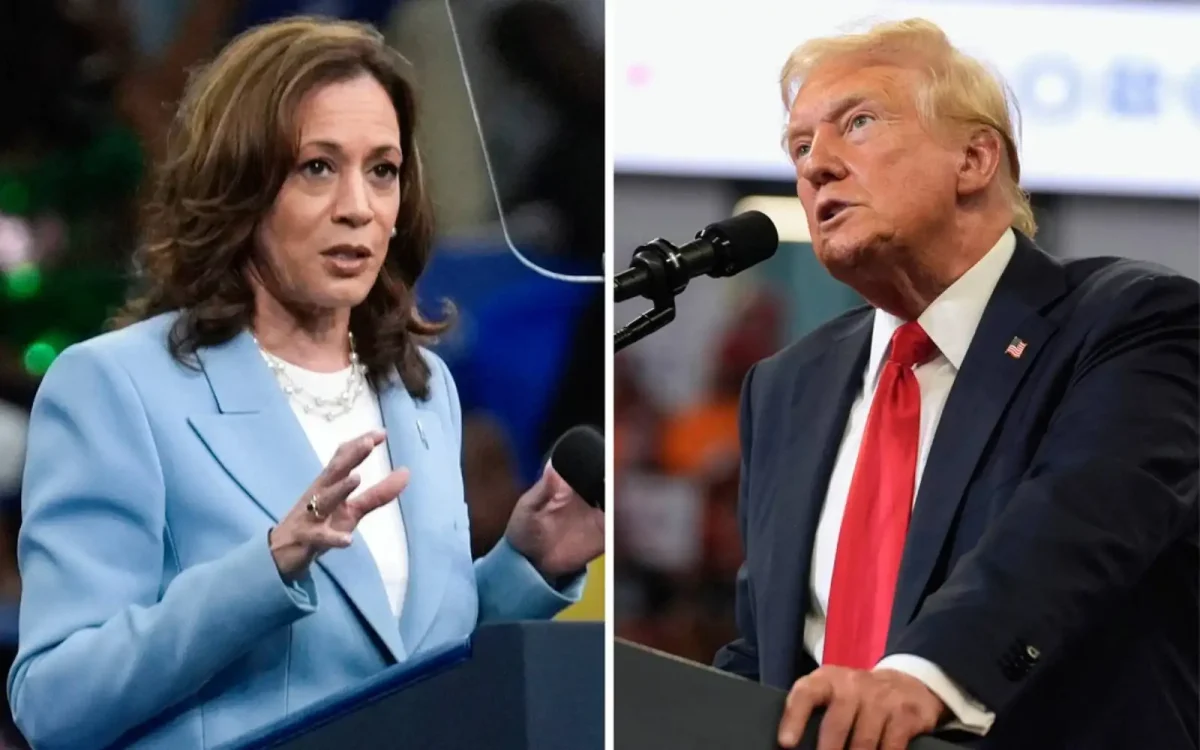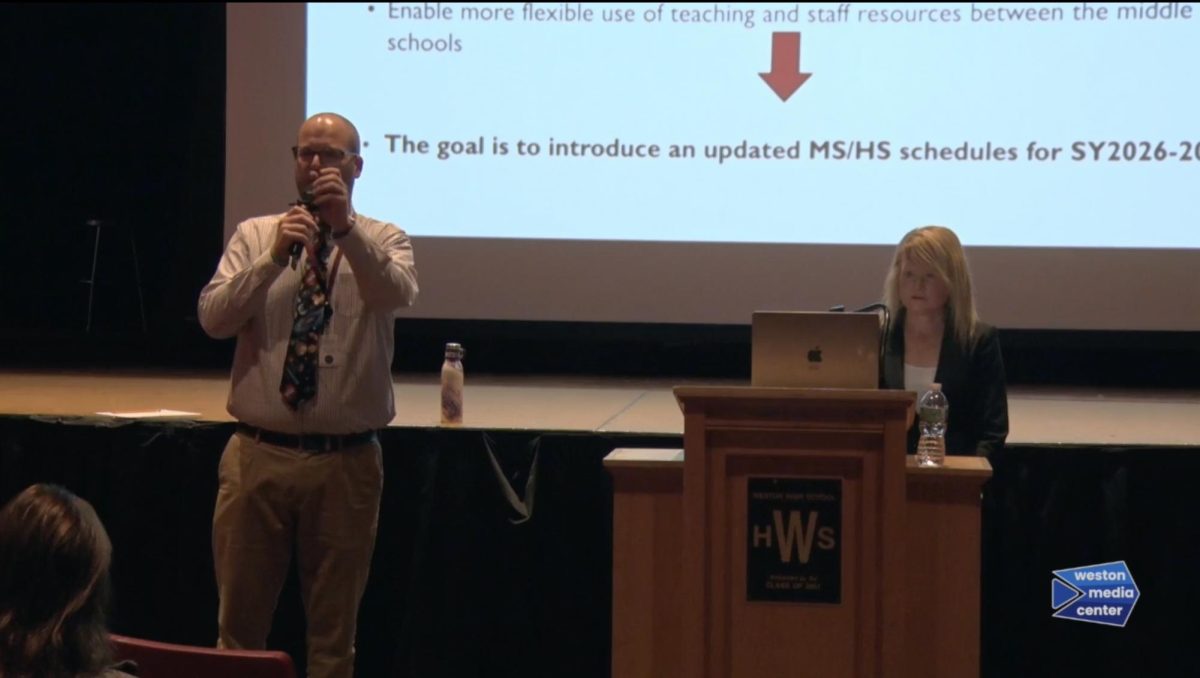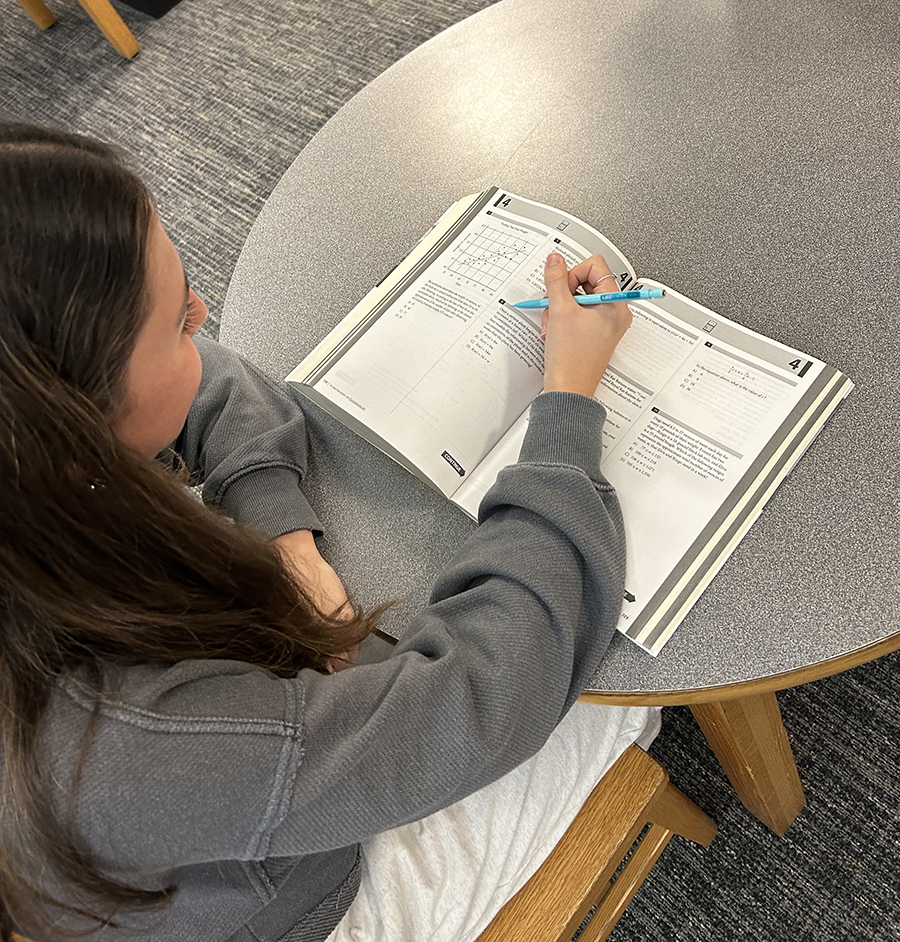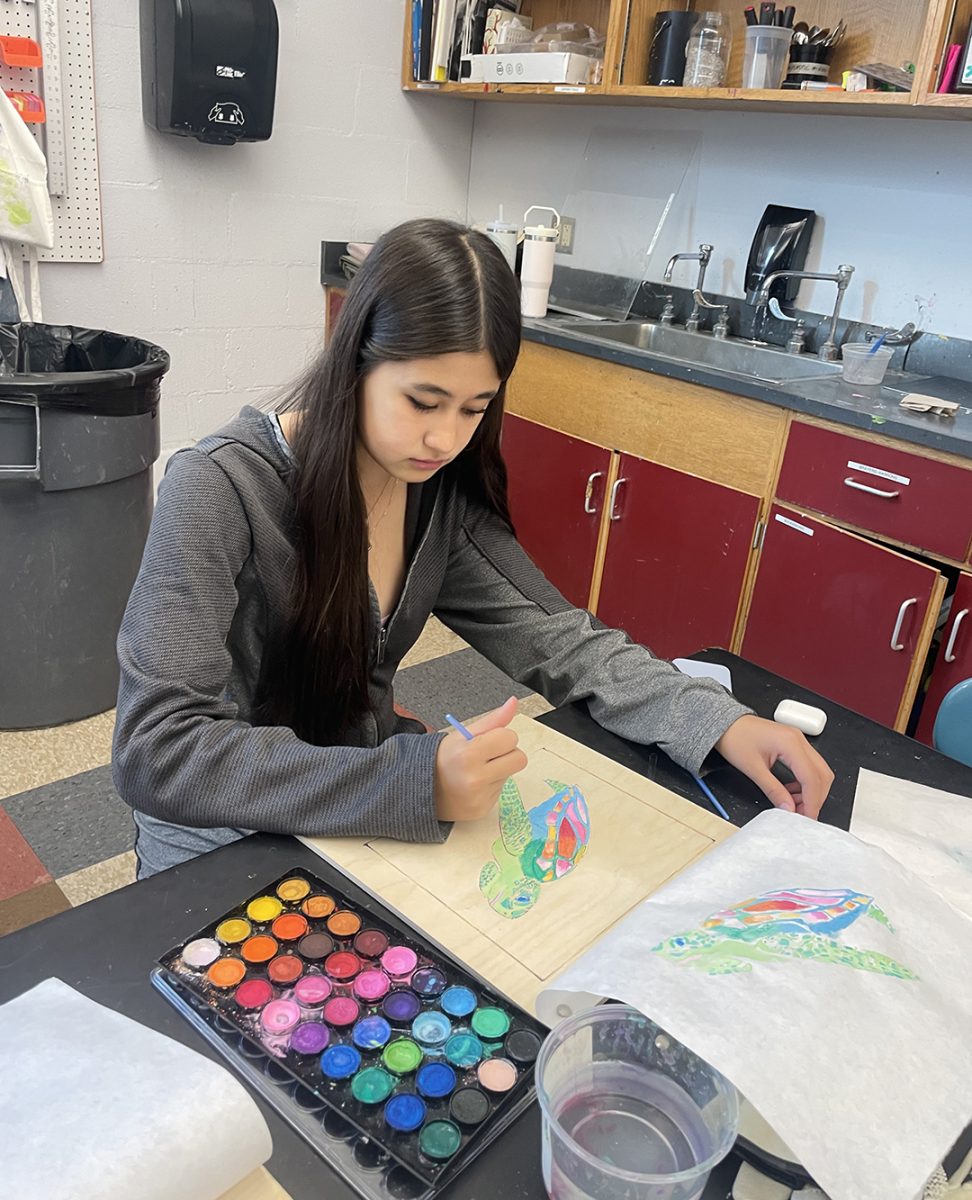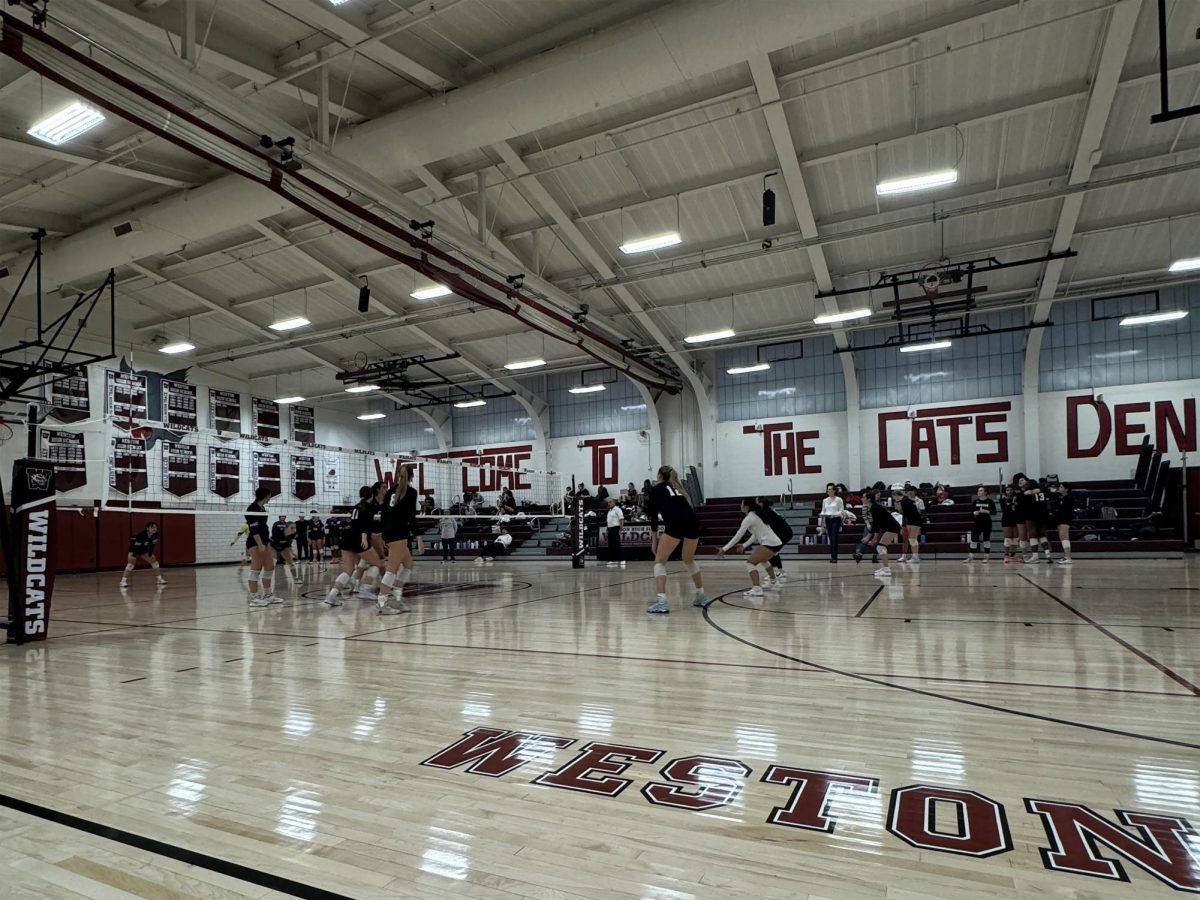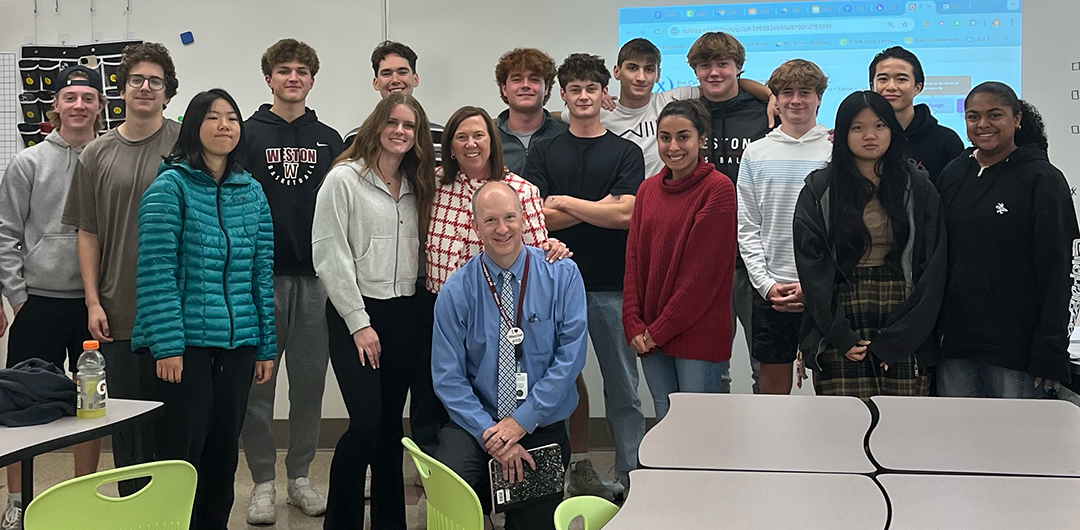On September 10, the second debate of the 2024 presidential race took place, but a very different candidate took part than had appeared in the prior debate. In a historical change of events, Vice President Kamala Harris became the Democratic Party’s nominee, while former President Donald Trump remains the Republican Party’s. So, how did we get here?
The November election was supposed to feature two candidates: President Joseph Biden and former President Donald Trump. This was the case until July 21, when President Joseph Biden dropped out of the Presidential race, endorsing his vice president for the Democratic nomination.
President Biden is believed to have dropped out due to his poor performance in the first debate, his age, and his generally poor approval rating, which was at 38.5% at the time according to FiveThirtyEight polls. Various Democratic senators and congressmen are also reported to have asked him to step down on behalf of his party.
“I think Biden made the right decision by stepping down,” said freshman Kendall Bates. “He didn’t have a solid chance of winning, so stepping aside was the best thing he could do for his party.”
Biden’s decision to end his bid for a second term along with his endorsement led to Vice President Harris eventually earning the party’s nomination.
Harris started her career as a prosecutor working for various district attorneys in California. She later ran and became the Attorney General of California, a position she held for seven years. In 2017, she became a senator for California, and she ran for president in 2020. When Biden won that year’s nomination, he selected her as his vice president.
In contrast, Trump started out as president of his family’s real estate company in New York City, later creating additional businesses under his family’s name. Additionally, he co-produced and starred in the first version of the television reality show, The Apprentice before running for and winning the election for president in 2016.
Some believe the differences in their backgrounds are a factor as to which is better prepared to be the next president.
“Harris has had an extensive career in law and politics, which is why I believe Kamala Harris is by far more suited for the role of President of the United States.” said junior, Lila Li.
Others believe that Trump’s time as president has ensured his preparedness to resume the role.
“Donald Trump is more suited as president because he was able to experience things that others haven’t been able to experience as president, such as the coronavirus, the lockdown, and creating a way to keep everyone safe,” said sophomore Matthew Tilton.
Both candidates have also selected vice presidential running mates with very different experiences and perspectives.
As part of her rapid process to take over the lead role on the Democratic ticket, Harris selected Minnesota Governor Tim Walz as her running mate. Walz started off as a schoolteacher, and he taught for 17 years. He retired from teaching to run for congress in 2006. He represented Minnesota’s 1st congressional district from 2007 until 2019, when he ran for Governor of Minnesota and won.
Trump selected Ohio senator J.D. Vance for the second spot on the Republican ticket. Vance had been a corporate lawyer and venture capitalist who graduated from Yale Law School. Before becoming a senator in 2022, he also published a book called “Hillbilly Elegy,” which was a national bestseller and was turned into a movie.
Both of the vice president candidates have served in the US military: Walz served as a reservist in the United States Army National Guard for 24 years, and Vance was in the United States Marine Corps for four years.
Walz and Vance have been equally staunch supporters of their running mates’ views, which generally reflect their respective parties’ stances on key issues. Broadly speaking, the two parties have long been seen as having different approaches to the issues of our time.
According to Britannica.com, “The Democratic Party typically supports a larger government role in economic issues, backing regulations and social welfare programs. The Republicans, however, typically want a smaller government that is less involved in the economy.”
Though this distinction has been historically true, some believe that in recent years the two parties have shifted their stands in key ways.
“New Republicans prefer government oversight on social issues such as LGBTQ rights and abortion, while Democrats prefer less government oversight on both of those. It seems that both parties are switching their views to fit what their audience wants,” said sophomore Ben Rosenfeld.
In the end, many hope that whoever wins the election will work to do what is best for the country as a whole, rather than for their party or themselves.
“I think that both parties represent good things, but those good things can be taken away when candidates push their ideals more than the people’s ideals,” said senior Beck Simunovic.

